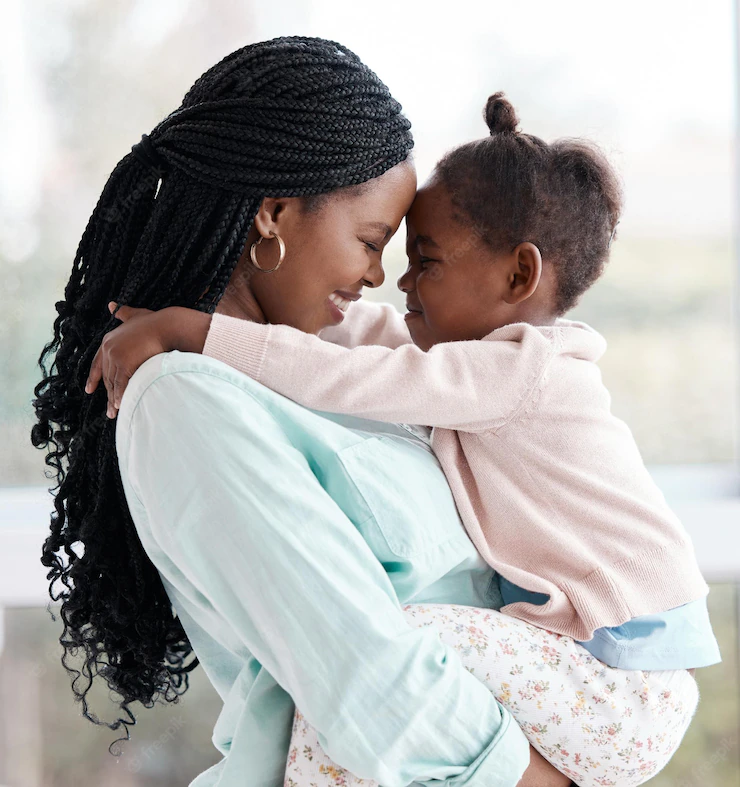Parenting is a journey filled with joys, challenges, and the aspiration to raise children who are confident and resilient. In the dynamic context of South Africa, where children face unique societal, economic, and cultural influences, nurturing confidence and resilience becomes even more crucial. By instilling these qualities in our children, we empower them to navigate the complexities of life, overcome obstacles, and thrive in the face of adversity.
Building confidence in children begins with fostering a supportive and loving environment at home. It is essential to provide children with unconditional love, praise their efforts, and celebrate their achievements. By creating a safe space where children feel valued and appreciated, they develop a strong sense of self-worth and belief in their abilities. Encouraging their interests, allowing them to make choices, and promoting autonomy also contribute to their self-confidence.
In South Africa, where diversity is celebrated, it is vital to teach children about different cultures, traditions, and perspectives. By exposing them to diverse experiences and fostering inclusivity, children develop empathy, respect, and an appreciation for the richness of their society. This exposure helps build confidence in navigating diverse environments and interacting with people from various backgrounds.
Building resilience in children is equally important, as it equips them with the skills to face challenges and setbacks. Resilience enables children to bounce back from failures, develop problem-solving skills, and adapt to changing circumstances. Encouraging them to take risks, teaching them to set realistic goals, and providing opportunities for them to learn from their mistakes are key aspects of fostering resilience.
In South Africa, where economic disparities and social challenges exist, teaching children about empathy and social responsibility is crucial. By engaging them in community service, exposing them to different social issues, and encouraging them to make a positive impact, children develop a sense of empathy, compassion, and a desire to contribute to society. Understanding the challenges faced by others helps build resilience and strengthens their ability to navigate and effect change in the world around them.
Open and effective communication is a cornerstone of raising confident and resilient children. South Africa’s history and current social dynamics make it important to engage in age-appropriate discussions about social justice, equality, and human rights. By providing children with the knowledge and tools to critically analyze the world around them, they develop the confidence to voice their opinions, challenge injustices, and become advocates for positive change.
As parents, it is essential to model confidence and resilience ourselves. Children learn by observing and emulating their parents and caregivers. Demonstrating self-confidence, handling challenges with resilience, and practicing self-care send powerful messages to children about the importance of these qualities. By modeling these behaviors, parents become valuable role models and inspire children to develop their own confidence and resilience.
Education also plays a vital role in nurturing confidence and resilience in children. South Africa’s education system should prioritize holistic development, focusing not only on academic achievements but also on emotional intelligence, critical thinking, and problem-solving skills. By providing children with a well-rounded education, they are better equipped to face challenges, adapt to change, and make informed decisions.
In conclusion, raising confident and resilient children in South Africa requires a multifaceted approach that considers the unique social, cultural, and economic contexts of the country. By creating a supportive and inclusive home environment, fostering diversity, teaching empathy and social responsibility, promoting open communication, and prioritizing holistic education, parents can empower their children to navigate life’s challenges with confidence and resilience. In doing so, we contribute to the development of a generation that will shape a brighter future for South Africa.










